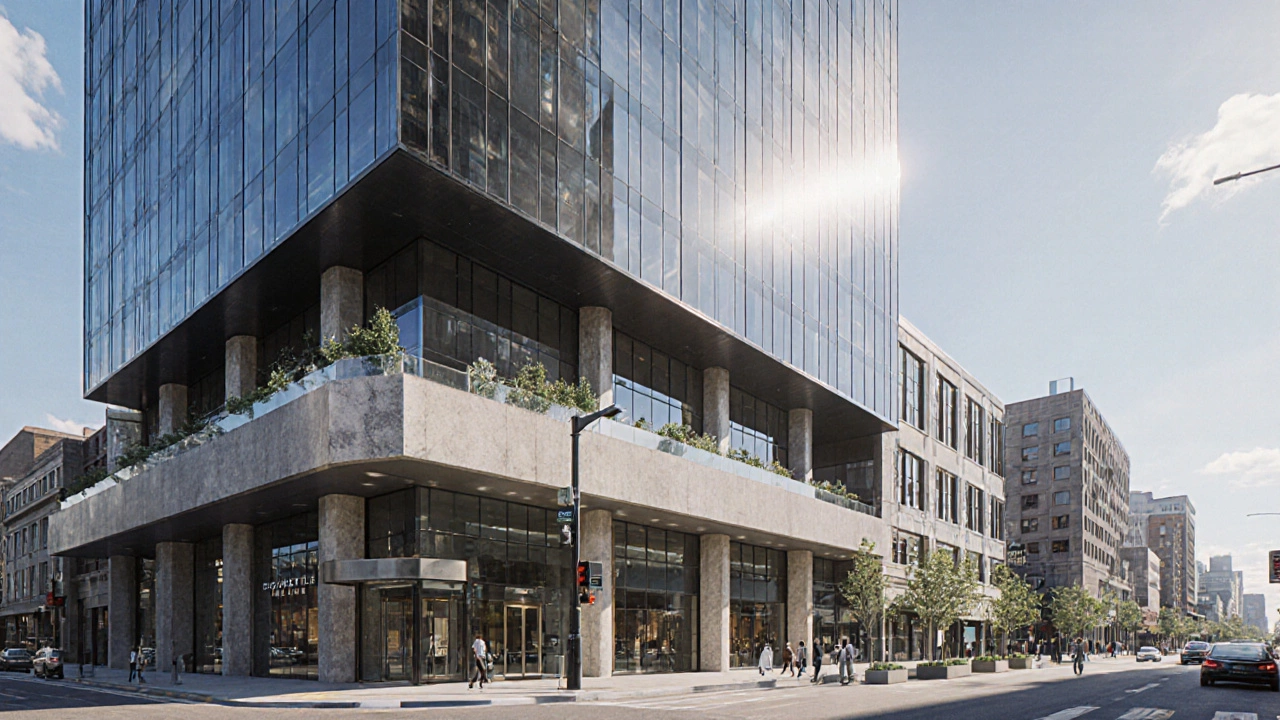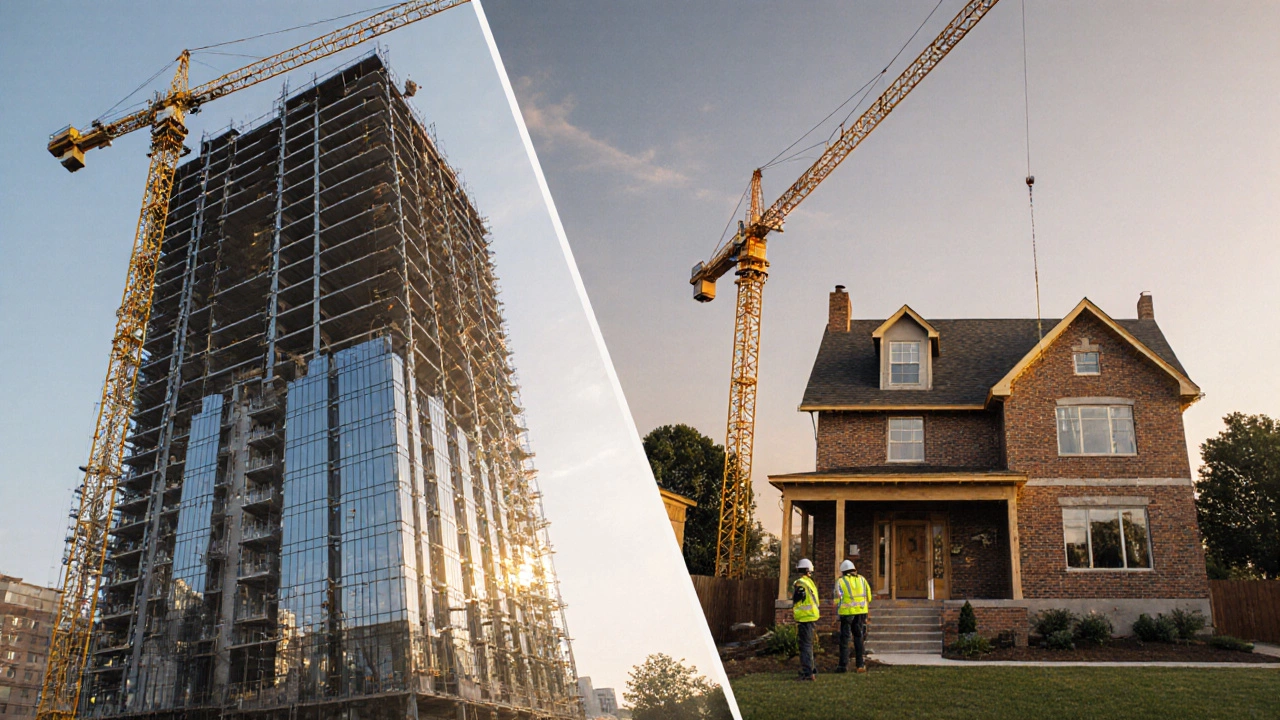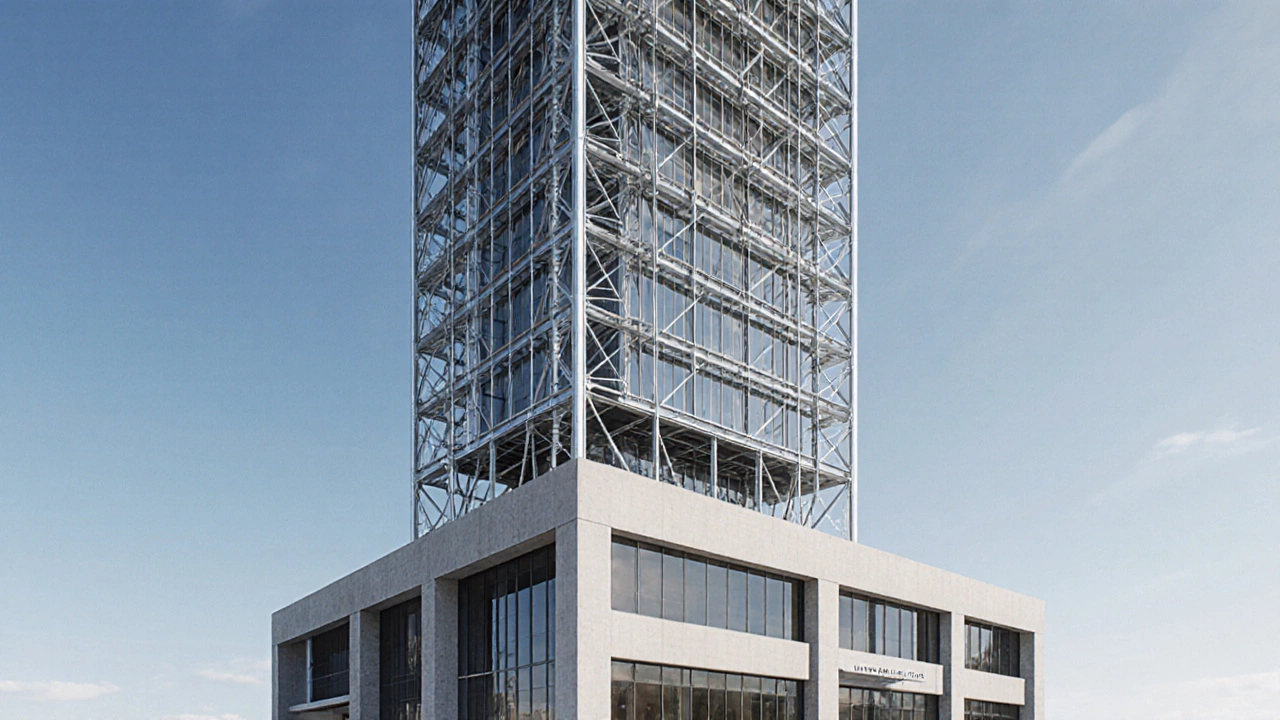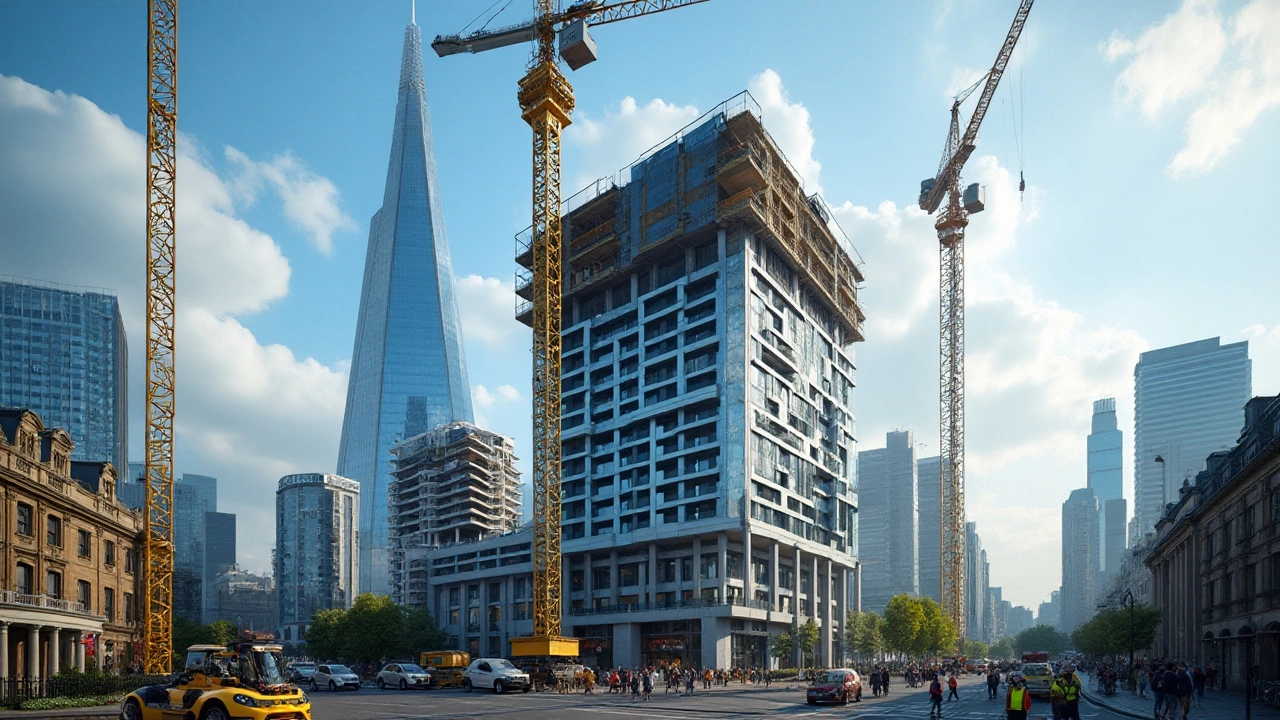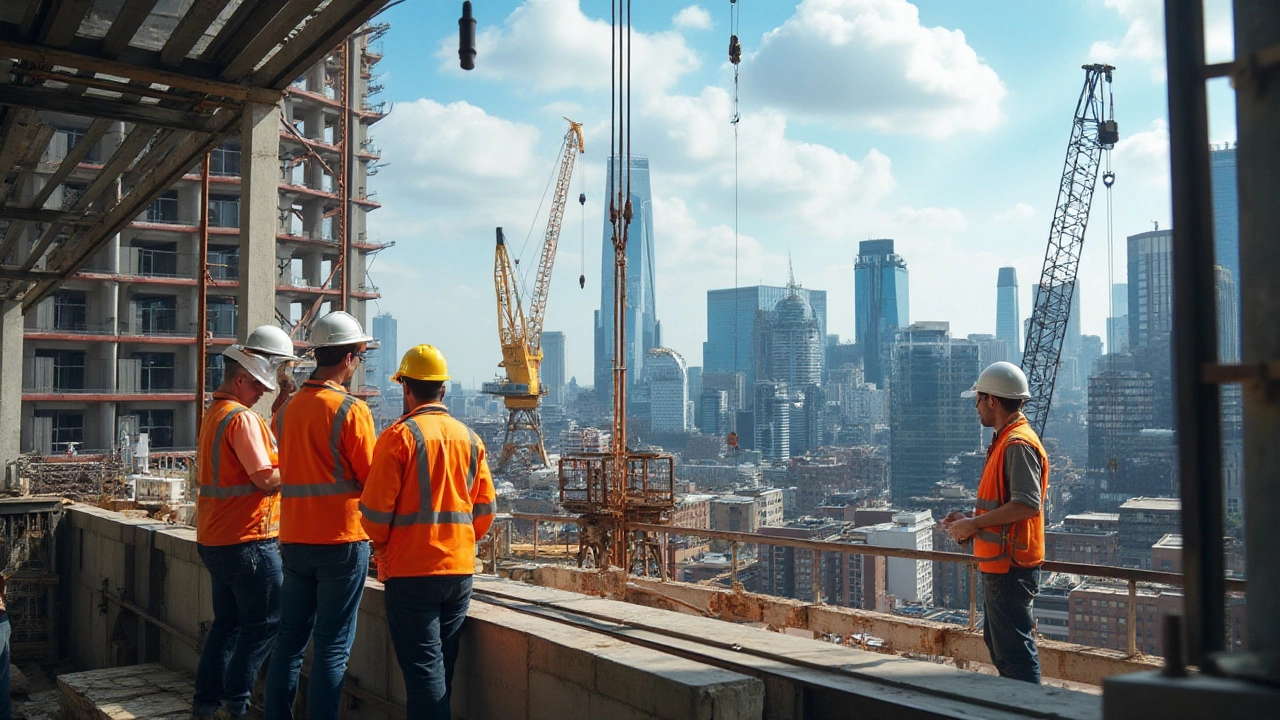Construction Types: What You Need to Know Before Starting a Project
When you’re planning a build, the first question is usually “what kind of construction am I dealing with?” The answer shapes everything – from the budget and timeline to the permits you’ll need. At McNeil Plumbing & Construction Services we see all sorts of projects, so we’ve put together a quick, down‑to‑earth guide that helps you decide which construction type fits your goals.
Commercial vs Residential Construction
Commercial construction covers offices, shops, warehouses and anything that serves a business. It often involves larger floor plates, stricter fire codes and more complex HVAC systems. Because the building will host a lot of people or heavy equipment, you’ll see stronger structural elements and a focus on durability.
Residential construction, on the other hand, is all about homes, apartments and small‑scale dwellings. The code requirements are different – you’re looking at things like kitchen venting, bedroom egress and resident comfort. Budgets tend to be tighter, and the design process is more personal – you want a space that feels like yours.
One practical tip: if you’re unsure which side you’re on, think about who will use the building. A place that sells products or hosts a workforce is commercial. A space meant for living, sleeping and family life is residential.
Civil and Specialized Construction
Civil construction isn’t about houses or offices; it’s about the infrastructure that keeps a town running – roads, bridges, water mains and utility tunnels. These projects need heavy‑duty equipment and often involve government contracts. Timeline and cost can fluctuate a lot because of weather, permitting and the need to coordinate with multiple agencies.
Specialized construction includes things like architectural services, tier‑1 contracting and niche trades such as foundation repair or roofing. If your project needs a custom façade, a complex roof system or a highly specific material, you’ll be working with specialists who understand those nuances.
At McNeil Plumbing & Construction Services, we can handle the plumbing and support work for any of these construction types. Whether it’s a new‑build home, a retail space or a bridge‑related utility line, we bring the same level of detail and reliability.
Bottom line: knowing the construction type early saves you time, money and headaches. It clears up which codes apply, which professionals you’ll need and how to set realistic expectations. If you’re still on the fence, give us a call – we’ll walk you through the specifics and help you pick the right path for your project.

